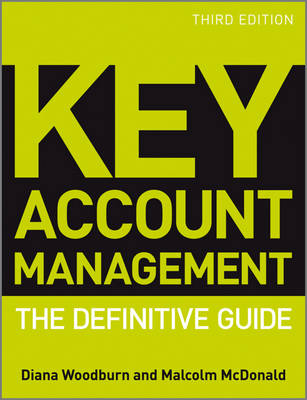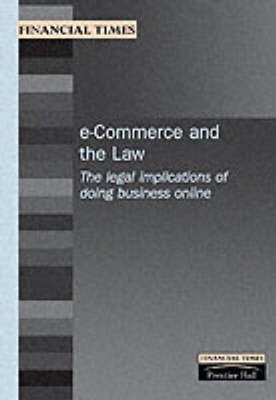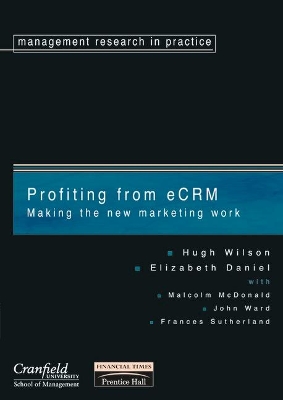Financial Times
6 total works
Developing successful business-to-business relationships with more customers in highly competitive markets requires processes and skills that go beyond traditional selling activity. The very best state-of-the-art strategies are set out clearly in this book by intentionally known authors who have worked at the highest levels with more key and strategic account managers worldwide than probably any other leading advisors. Based on the hugely influential KEY CUSTOMERS it looks at:
- Why has account management become so critical to commercial success?
- What are the key challenges and how do successful companies respond?
- What part does key account management play in strategic planning?
- How do companies build profitable relationships with their customers?
- How does key account management actually work?
- What does a successful key account manager look like and what skills does he/she need?
- How should key account managers be evaluated and rewarded?
- How do companies achieve key account management?
By addressing these key questions Woodburn and McDonald provide tools and processes for success honed by tough consultancy projects with the boards of some of the world's leading companies. The book stresses the elements that really matter - from developing a customer categorization system that really works and analyzing the needs of key accounts; to understanding the new skills required by key account managers and ensuring that key account plans are implemented. The 'real world' approach is backed by tested principles and the latest research from the renowned Cranfield School of Management.
Key Account Management comes from authors who have taught leading companies how to approach their most powerful and demanding customers and still make money. It is essential reading for all senior management with strategic responsibility, for key or strategic account directors, and for marketing and sales executives. The clear and authoritative approach also makes it an outstanding text for the serious MBA and executive student as well as business-to-business company directors and key account managers.
This briefing is one of the few sources in the UK on e-commerce law written from the perspective of the business rather than the lawyer. Essential reading for anyone involved in e-commerce projects or start-ups.
Contents include:
How to set up a business using e-commerce
How to form an electronic contract
Making and accepting payment over the Internet
Digital signatures
International and jurisdiction issues
Intellectual property rights
Security and confidentiality
The law relating to advertising on the Internet
Cranfield/FT MB e-Business Portfolio Pack
by Elizabeth Daniel, Hugh Wilson, Malcolm McDonald, John Ward, Frances Sutherland, Kris Wadia, and Andrew Sparrow
Profiting from eCRM
by Hugh Wilson, Elizabeth Daniel, Malcolm McDonald, John Ward, and Frances Sutherland
This new report from Cranfield School of Management sets out in clear, accessible terms the essential applications of IT to marketing processes. It provides techniques for identifying which projects are worth pursuing and which should be shelved, and introduces a step-by-step process for phasing in eCRM within your legacy systems. The report draws extensively on interviews and workshops with practitioners in blue chip companies. Relevant to marketing managers, web managers and board directors alike, it can help your business successfully adopt an integrated eCRM system.
Contents include:
A map of the new marketing
A survey of e-marketing applications
Profiting from e-marketing: identifying and achieving benefits
Factors for success in CRM projects
Evolving the organisation towards e-marketing: a stage model




